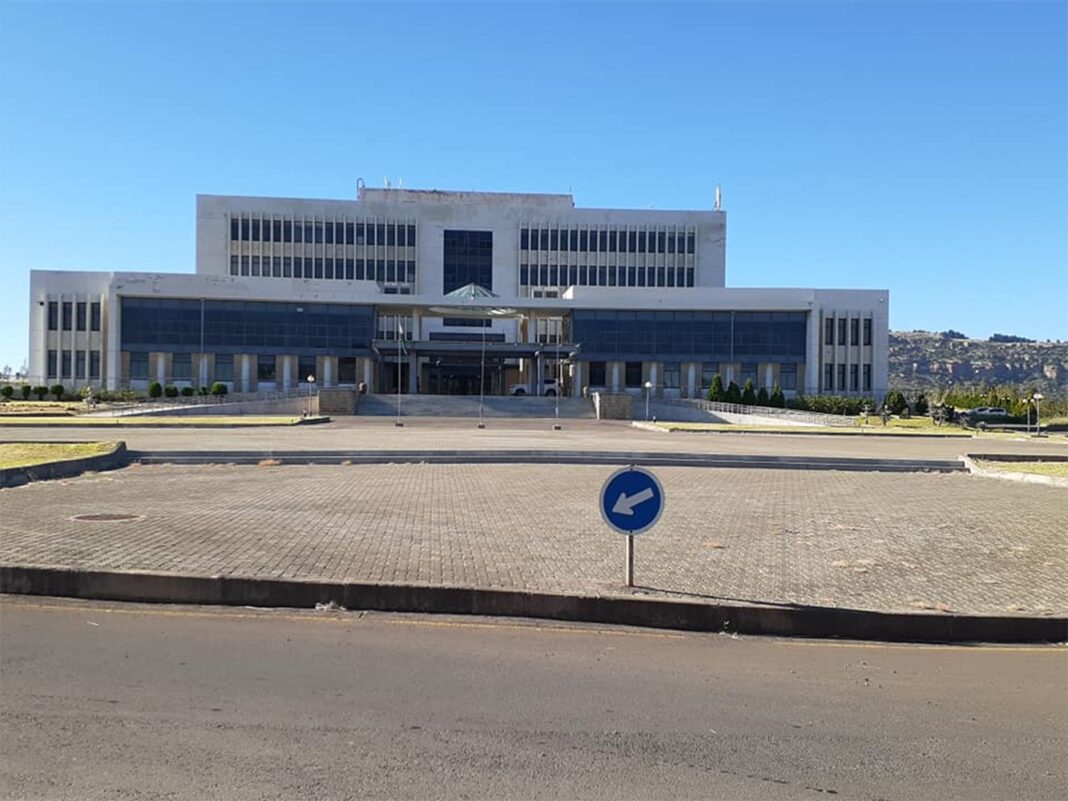The Supreme Court of Appeal (SCA) of South Africa has dismissed an appeal by Tholo Energy Services CC, a licensed distributor of fuel, to receive tax refunds.
According to court papers, Tholo Energy Services CC had in March 2017 submitted four claims totalling R4.25 million for a refund of fuel and Road Accident Fund levies for 25 consignments of diesel that were exported to Lesotho.
The diesel was purchased from PetroSA depots, not from a licensed customs and manufacturing warehouse (VM).
Tholo Energy Services CC had appealed against the Gauteng Division of the High Court, Pretoria, judgement dismissing its claim for refunds.
When delivering his judgment, Judge Ashton Schippers found that Tholo Energy Services CC did not meet the requirements set out in section 64F of the Act and Schedule 6, which include obtaining fuel from unlicensed depots rather than a licensed VM.
The appellant sought to overturn a decision by the commissioner of the South African Revenue Services Edward Kieswetter, which denied its claims for a refund of fuel and Road Accident Fund (RAF) levies.
Kieswetter disallowed the refunds on ground that the fuel was not obtained from a licensed VM, and that it was not transported to Lesotho by a licensed goods remover.
He also said the fuel was exported without an international trade administration commission permit.
The appellant’s appeal to an internal SARS committee was dismissed.
The appellant’s appeal to the Gauteng Division of the High Court was also unsuccessful.
The SCA under Section 47(9)(e) of the Customs and Excise Act 91 of 1964 confirmed that this section allows for a complete rehearing and determination of the case’s merits.
This means the High Court was entitled to consider additional grounds for rejecting the refund claims.
The SCA upheld the High Court’s decision and dismissed the appeal.
The High Court found that Tholo Energy had removed the fuel to Lesotho without the requisite permit issued in terms of the International Trade Administration Act 71 of 2002, by the International Trade Administration Commission (ITAC).
The commissioner disallowed the refund claims essentially on the grounds that the fuel was not obtained from the stocks of the licensee of a customs and manufacturing warehouse, and the fuel was not wholly and directly removed from a VM to Lesotho.
“The transportation did not comply with the Act’s requirements for licensed removers of goods,” the court said.
The SCA ordered the appellant to pay the costs of the appeal, including the costs of two counsel.
The decision reinforces the Commissioner’s position and the requirements for claiming refunds under the Customs and Excise Act.
Tholo Energy Services CC alleged that it had purchased the fuel from PetroSA and that payment was made by Tholo Lesotho. SARS disputed this.
“It contended that Tholo Lesotho sourced the fuel it supplied to its customers from South Africa, but used the appellant’s particulars and credentials in its transactions with its South African suppliers and when dealing with SARS.
“The appellant denied this contention in reply and stated that it had acted in its own name and capacity as a licensed distributor of fuel and licensed remover of goods under the Act.
“It is common ground that the fuel was not obtained from PetroSA’s VM in Mossel Bay. Instead, 22 consignments of fuel were acquired from PetroSA’s storage tanks at its depot in Bloemfontein. The remaining three consignments were obtained from PetroSA’s depot at Tzaneen (two consignments) and from TotalEnergies at Alrode, Alberton (one consignment).
“All 25 consignments of fuel were removed to Lesotho. It is also common ground that on the dates that they were so removed, the appellant had not been issued with an export permit; and that PetroSA does not have a VM in Bloemfontein, Tzaneen or Alrode,” the court papers state.









